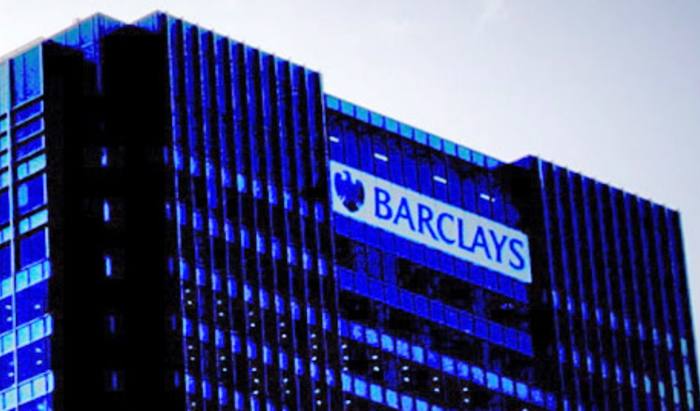
A former Barclays boss blasted the Serious Fraud Office investigators who accuse him of helping to set up a fraudulent deal with Qatar to avoid a government bail-out.
Tom Kalaris, 63, who ran the Barclays' wealth management arm claimed the SFO did not fully disclose documents to him which meant he could not recall certain events, Southwark Crown Court heard.
"The SFO has provided very limited disclosure to me of the core material in relation to this case," he said in a statement to SFO detectives.
"The documents that I have been shown by the SFO prior to this interview are wholly inadequate to enable me to properly or adequately refresh my memory.
"I did not initiate proposals for or have any decision making authority or responsibility for the disclosure of any information for either capital raisings or for the terms of such disclosure."
Kalaris, together with ex-chief executive John Varley, 62, and former colleagues – Roger Jenkins, 63, and 60-year-old Richard Boath – raised £11.8bn in emergency fundraising in 2008 for Qatar by making secret payments to the Gulf state in a separate agreement.
But the deal - which allowed the bank to avoid taking a taxpayer bailout - was allegedly financed through a separate agreement for services that the bank could then conceal from their own investors.
Jurors heard how Roger Jenkins, then Barclays Capital executive chairman of Investment Management in Middle East and North Africa also slammed the SFO investigation during his interview.
"Both the SFO and FCA wish to interview me in relation to the same subject over the space of one week.
"The more time that is taken by this SFO interview, the less time is available to me to prepare for my FCA interview," he said.
Jenkins explained to the interviewer that he believed that because both organisations had a mandate to investigate financial wrongdoing, both institutions routinely shared information.
"I am given to understand that this is an unprecedented situation - when properly considered, it is unfair to me.
"I had no responsibility for, nor did I make the decisions regarding, disclosure of either the June or October capital raising."
Varley told how his involvement with the Qatari deal had been limited and that when he became chief executive of the bank, he had aimed to decentralise the organisation in encouraging delegation.
"Of necessity, the chief executive cannot acquire full visibility, nor command the detailed work - there is nothing unusual in such a business model.
"This meant placing heavy reliance on the work of others. Barclays had the benefit of legal advice, I did not see that legal advice although there was reference to the legal advice during board meetings.
"I was aware that internal and external lawyers were heavily engaged in the June and October capital raising and I relied on our general counsel."
He told investigators that Barclays had rapidly expanded as he took over the bank, with the number of employees doubling from 77,000 in 2004 to 150,000 in 2008.





